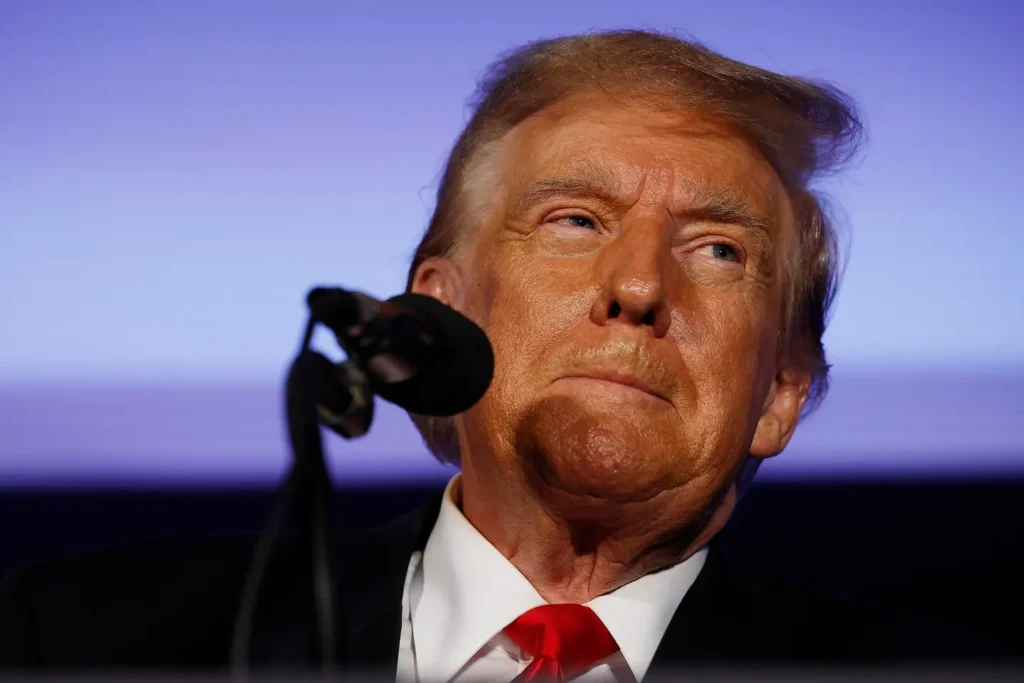In a recent development, former President Donald Trump has filed a brief with the U.S. Supreme Court, urging the court to rule on his eligibility to run for president after being removed from Colorado’s primary ballot last month. Trump argues that the Supreme Court should intervene to prevent chaos and bedlam, anticipating that other state courts might follow Colorado’s lead in disqualifying him from ballots.
Key Points:
- The Colorado Supreme Court based its decision on the contention that Trump violated section three of the 14th Amendment, barring individuals who have engaged in insurrection from holding office.
- Trump’s legal team asserts that he is not subject to section three and, even if he were, he did not engage in actions qualifying as insurrection.
- The argument emphasizes that section three restricts individuals from holding office, not from seeking or winning an election to office.
- The Supreme Court is set to hear arguments on Feb. 8, with a potential decision by March 5, aligning with states like Colorado holding their primaries.
What to Expect: Even if Trump is not listed on the ballot in Colorado, he could still secure the presidential nomination.
Background: Colorado and Maine are the only states to remove Trump from their ballots. The decision on Trump’s ballot eligibility in Maine is on hold until the Supreme Court rules on the Colorado case. Additionally, Trump faces legal challenges related to the Capitol attack, with his federal election interference case possibly facing delays as he seeks to have it dismissed on grounds of presidential immunity.

